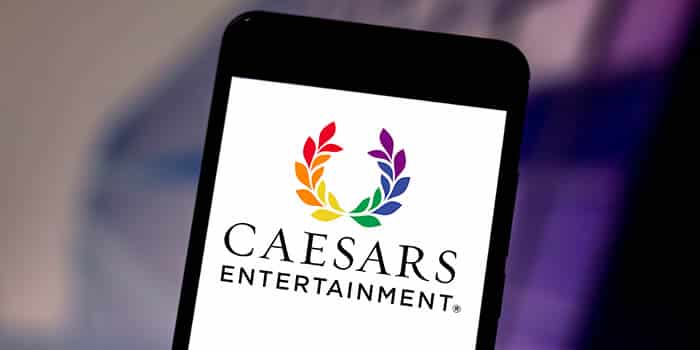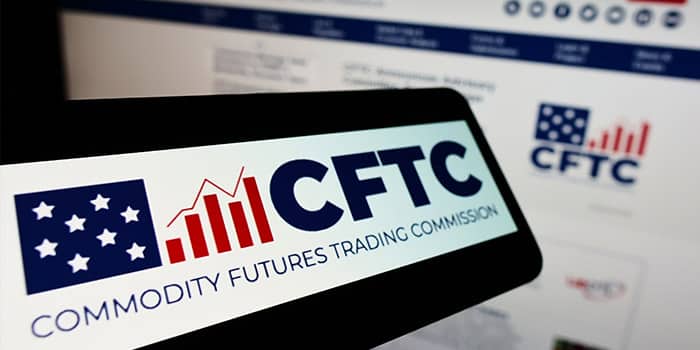- Casino
- By State
- Alabama
- Alaska
- Arizona
- Arkansas
- California
- Colorado
- Connecticut
- Delaware
- Georgia
- Florida
- Hawaii
- Idaho
- Illinois
- Indiana
- Iowa
- Kansas
- Kentucky
- Louisiana
- Maine
- Massachusetts
- Maryland
- Michigan
- Minnesota
- Mississippi
- Missouri
- Montana
- Nebraska
- Nevada
- New Hampshire
- New Jersey
- New Mexico
- New York
- North Carolina
- North Dakota
- Ohio
- Oklahoma
- Oregon
- Pennsylvania
- Rhode Island
- South Carolina
- South Dakota
- Tennessee
- Texas
- Utah
- Vermont
- Virginia
- Washington
- West Virginia
- Wisconsin
- Wyoming
- By State
- Slots
- Poker
- Sports
- Esports
End of Wire Act Debate Good News, According to Gaming Industry Lawyers

For almost 50 years, the US federal government applied the Federal Wire Act only to online sports gambling, not to other forms of gambling, in terms of allowing states to establish interstate revenue-sharing agreements. The Department of Justice (DOJ) then decided it wanted to create its own view of the Wire Act, which didn’t go over well with states. The DOJ recently lost a court battle that ultimately led to it being forced to reconsider its position and, now that it has apparently given up the fight, gaming industry lawyers see a lot more online gaming growth coming soon.
The DOJ Forced to Retreat over Wire Act Position
Even as lotteries, such as the Powerball, gained new territory and online casinos started to emerge, there was initially zero resistance from the DOJ. Then, suddenly, through its Office of Legal Council (OLC), the DOJ decided it would arbitrarily change its definition of the Wire Act, setting off a war involving multiple states, attorneys general and the federal government. The DOJ lost in court and, when it became obvious that it wouldn’t appeal, there was a collective sigh of relief from the states.
PokerFuse reached out to a number of attorneys working in the gaming industry to get their take on what the DOJ’s retreat means to online poker and casinos. Specifically, how the absence of an appeal demonstrates the department’s shift in policy once again and how this could lead to more interstate online gaming agreements as states look for new ways to add more revenue. Lynne Kaufman of Cooper Levenson told PokerFuse, “Barring an errant prosecutor, [the DOJ’s decision not to appeal] certainly eliminates the risk of enforcement actions under the 2018 [OLC] opinion.”
Another attorney, Jeremy Kleiman of Saiber LLC, added that “online casino gambling and online lotteries are now legal under federal law.” He added, “By failing to appeal, DOJ allowed the [First Circuit] Court of Appeals to have the final word. Effectively, the court interpreted the intent of Congress in enacting the Wire Act and determined it definitively applies only the sports betting. So, subject to state laws, online gaming is legal.”
Some Attorneys Urge a Cautious Approach
While many attorneys to whom PokerFuse spoke shared the same sentiment, some believe a more cautious approach is warranted. The DOJ has decided not to appeal the court’s ruling, but hasn’t explicitly stated that it was going to reverse its previous stance. Longtime gaming law expert and attorney Jeff Ifrah of Ifrah Law explains that attorneys general were “hoping to obtain absolute comfort [from US Attorney General Merrick Garland]. “However, the likelihood that a Biden DOJ or any future DOJ would seek to again broaden the scope of the federal Wire Act is extremely low, almost non-existent. States that wish to pass online gaming laws, such as mobile poker, and pool liquidity with other states offering legal mobile poker can and should immediately do so.”
Even though the DOJ has yet to respond to requests to clarify its current position, states are reportedly starting to get ready to form interstate gaming compacts or enter existing agreements. There is one poker agreement already in place, operated by 888poker, that spans Nevada, New Jersey and Delaware and which could draw in new states. The states have created the Multi-State Internet Gaming Agreement in order to facilitate new interstate agreements, and it is now possible to see other states, such as Michigan and Pennsylvania, join, as well, as the DOJ wipes the egg off its face.
Erik brings his unique writing talents and storytelling flare to cover a wide range of gambling topics. He has written for a number of industry-related publications over the years, providing insight into the constantly evolving world of gaming. A huge sports fan, he especially enjoys football and anything related to sports gambling. Erik is particularly interested in seeing how sports gambling and online gaming are transforming the larger gaming ecosystem.
More Articles






Casino
July 14, 2025
Number of Canadian Travelers to the US Slumps Again

Industry
July 14, 2025
Senate Blocks Attempt to Reverse Gambling Tax Rule

Casino
July 11, 2025
IGT Reveals Multiple Jackpots Throughout June

Sports
July 11, 2025
DraftKings to Give Back Over $3M to Connecticut Users

Casino
July 11, 2025
Caesars Introduces Digital Wallet in Nevada










